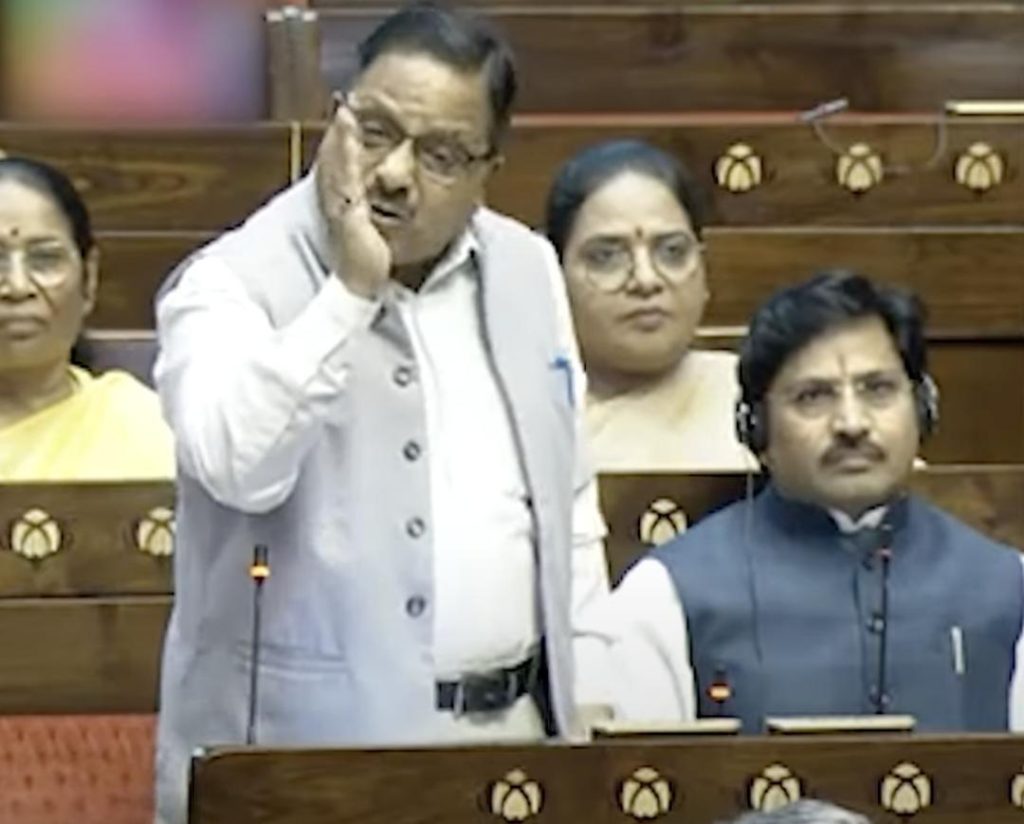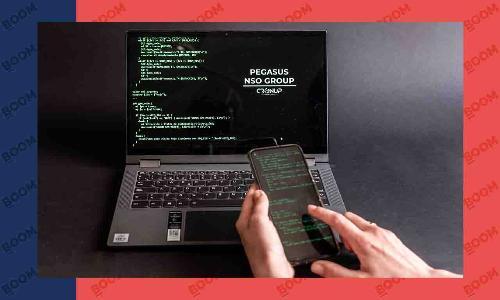
Title: Should I Read Quran and Tell You What’s Written in It: BJP MP Radha Mohan Das on Waqf Bill
The Waqf Bill, a proposed legislation aimed at regulating and managing Wakf properties, has sparked intense debate in India. During the discussion on the bill, BJP MP Radha Mohan Das made a provocative statement that has left many wondering. He asked if he should read the Quran and tell people what’s written in it. But what did he mean by this statement? And what is the significance of this remark in the context of the Waqf Bill?
For the uninitiated, Wakf is a system of charitable trusts in Islam, where properties are donated to create a fund for the benefit of the community. The Waqf Board is responsible for managing these properties and ensuring that the donations are used for the intended purpose. The proposed Waqf Bill aims to bring transparency and accountability to the management of these properties.
During the discussion on the bill, Radha Mohan Das, a BJP MP from Uttar Pradesh, made a statement that has raised eyebrows. He said, “The Quran says that even if one rupee is given to anyone, there should be a written record…And you say you have so many properties without a record.” This statement has sparked debate and confusion, with many wondering what the MP meant by this remark.
On the surface, Radha Mohan Das’s statement appears to be a criticism of the Waqf Board’s management of Wakf properties. He is implying that the board is not following the principles of Islam, which require written records of donations and transactions. However, his statement is also seen as an attempt to create a rift between Muslims and Hindus, and to undermine the authority of the Quran as a sacred text.
The Quran is the holy book of Islam, and it is considered the word of God as revealed to the Prophet Muhammad. It is a source of guidance and inspiration for Muslims, and it is considered to be the ultimate authority on matters of faith and practice. Radha Mohan Das’s statement, therefore, is not only a criticism of the Waqf Board but also a challenge to the authority of the Quran.
The significance of Radha Mohan Das’s statement lies in its potential to create a divide between Muslims and Hindus. In India, where religious tensions are already high, such statements can have far-reaching consequences. The Waqf Bill is a sensitive issue, and any attempts to undermine the authority of the Quran or to create a rift between communities can have devastating effects.
Moreover, Radha Mohan Das’s statement is also seen as a reflection of the BJP’s ideology, which is rooted in Hindu nationalism. The party has been accused of promoting a Hindu-first policy, which marginalizes minority communities and creates a sense of superiority among Hindus. Radha Mohan Das’s statement is seen as a classic example of this ideology, where Muslims are portrayed as inferior and their religious texts are questioned.
In conclusion, Radha Mohan Das’s statement on the Waqf Bill is a complex issue that has sparked intense debate and confusion. While it appears to be a criticism of the Waqf Board’s management of Wakf properties, it is also seen as an attempt to create a rift between Muslims and Hindus, and to undermine the authority of the Quran. As a nation, it is essential that we promote tolerance, understanding, and respect for all religions, and that we reject any attempts to create a divide between communities.
News Source: https://www.youtube.com/watch





